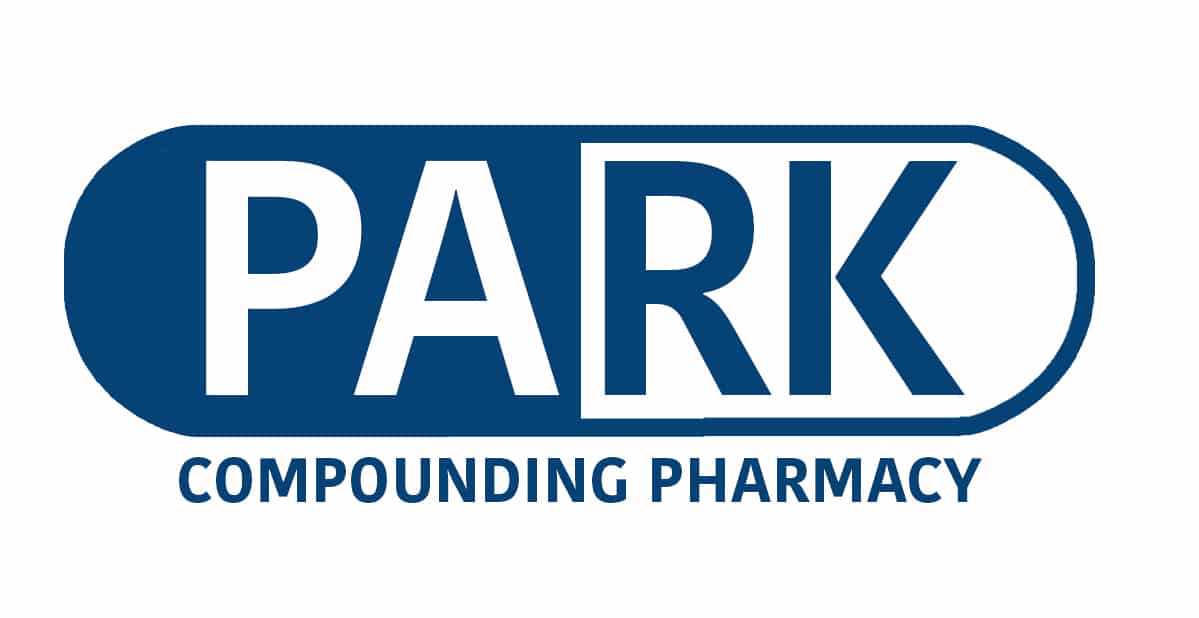← Back to Blog
Miracle Mouthwash
18/12/2017
Miracle mouthwash, also sometimes referred to as magic mouthwash, is a broad term used to describe a variety of oral rinses for treating stomatitis and oral thrush. These mouthwashes are frequently prescribed for patients undergoing radiation or chemotherapy. A miracle mouthwash most often contains a combination of ingredients that can include an antihistamine, corticosteroid, antibiotic, antifungal, and anesthetic. Since there are no commercially available mouthwashes with each of these ingredients,…
Read Full Article
Antifungal Mouthwash for Thrush
14/12/2017
Oral thrush, which is due to an accumulation of the fungus Candida albicans, is the most common type of oral fungal infection. Oral thrush occurs when the fungus Candida albicans over-accumulates in the mouth and causes a white coating on the tongue. This fungus is often present in a healthy mouth but can cause oral thrush if it is not managed by the body’s normal immune response. It is especially…
Read Full Article
Treating Zika Virus with the Antimalarial Chloroquine
11/12/2017
When the Zika virus spread into the United States last year, the main concern was the potential damage it could cause to the fetus in pregnant women. While the virus results in mild symptoms for adults like headache and skin rashes, in pregnant women it can result in a child being born with microcephaly and other abnormalities. There is no known drug that can completely eliminate the virus, so treatment…
Read Full Article
Ketotifen for Mast Cell Activation Syndrome (MCAS)
23/10/2017
Mast cell activation syndrome (MCAS) and mastocytosis are two conditions that affect how mast cells function. There is no cure for these conditions and in most cases they are present because of a genetic predisposition. Treatments focus on improving the dermatological, gastrointestinal, respiratory, and other symptoms that result from overproduction of certain chemical mediators. Antihistamines are one of the most frequently used types of medications for managing these symptoms. The…
Read Full Article
Autism Medications from a Compounding Pharmacy
09/08/2017
Treatment for Autism Spectrum Disorder (ASD) most often involves behavioral therapy complemented by medicine. Drugs used to treat autism are usually prescribed off-label for hyperactivity, anxiety, and irritability. There are several medicines available, including glutathione and low dose naltrexone that have shown promise as effective treatments for autism and are also well-tolerated. While these medications have not undergone rigorous testing, small initial studies have recommended further research into their effectiveness. …
Read Full Article
Glutathione Supplementation
05/06/2017
There are some medications and supplements that are not well known but have a wide range of possible applications. Medications like low dose naltrexone (LDN) are used by doctors all over the world and have many possible uses. Yet many people do not know about LDN or how it could benefit their condition. Glutathione (GSH) is one of those treatments that has the potential to improve many diseases but is…
Read Full Article
Migraine Treatment With Compounded Medications
22/05/2017
Migraines are severe headaches that are associated with symptoms like nausea, light sensitivity, and numbness. For some a migraine lasts a few hours but for others it may last several days if left untreated. Migraine headaches can occur with or without what is called an “aura.” An aura includes visual disturbances like flashes of light, blind spots, or wavy vision and occurs about a half hour before the onset of…
Read Full Article
What is LDN?
09/05/2017
Key Points LDN is a lower dose of the FDA-approved drug naltrexone, which has been used for many years to treat opioid addiction. Evidence continues to grow that LDN can be an effective treatment for a variety of conditions including Crohn’s, lupus, fibromyalgia, and multiple sclerosis. LDN can only be obtained from a compounding pharmacy since the lower dosages of naltrexone are not FDA-approved. LDN Advantages Low cost: LDN is…
Read Full Article
4-Aminopyridine (4-AP)
09/03/2017
Some medications with brand names cost a significant amount more than generic compounds. A perfect example of this is 4-aminopyridine (also called 4-AP or dalfampridine) – a medication used to improve walking ability and motor skills in people with multiple sclerosis. The brand name version of this medication is called Ampyra and a one-month supply is about seven times the cost of the dalfampridine we compound at our pharmacy. This…
Read Full Article
Low Dose Naltrexone and Chronic Illness
30/01/2017
Low dose naltrexone (LDN) is a promising treatment with the potential to help a variety of conditions and improve the immune system. While it is still being studied, there is growing evidence that this prescription medication can help with several chronic illnesses. Naltrexone was approved by the FDA in 1984 for the treatment of opioid addiction. “Low Dose” Naltrexone refers to the use of a dosage that is much lower…
Read Full Article







